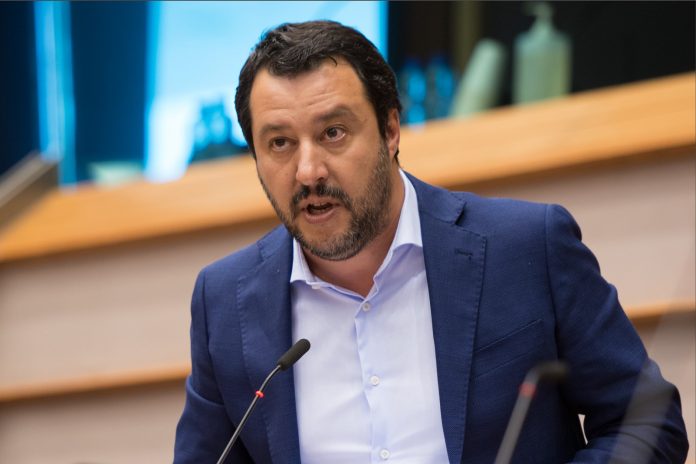The country’s new populist government – a coalition between the anti-establishment Five Star Movement (M5S) and the League – is expected to take a tough stand on immigration.
The League is strongly anti-immigration and a joint plan agreed with the M5S in forming the new government reflects that stance.
Speaking on June 3 in the Sicilian port of Catania, Italy’s new interior minister, Matteo Salvini, leader of the far right League, said: “Enough of Sicily being the refugee camp of Europe. I will not stand by and do nothing while there are landings after landings. We need deportation centres”.
He said the “best way to save lives is to prevent these people from getting on the boats” and would work to discourage “thousands of desperate people who have the illusion that in Catania, in Sicily, in Italy there is housing and work for everyone”.
“There is not enough housing and work for Italians, let alone half the continent of Africa,” he added.
As reported by the BBC, Salvini told a rally in northern Italy on June 2 that “the good times” for illegal immigrants were over, adding: “Get ready to pack your bags”.
The joint plan agreed by the League and M5S demands more help from the EU on immigration issues. The parties insist that half a million undocumented migrants in Italy must be deported “as a priority”.
According to the BBC, such action would require the creation of “temporary stay facilities” throughout Italy for migrants earmarked for expulsion.
In a separate report, the Agence France-Presse (AFP) noted that Salvini will be in Luxembourg on June 5 for a meeting of EU interior ministers with the agenda set to be dominated by discussion of the EU’s controversial Dublin rule, whereby would-be refugees must file for asylum in the first bloc member-state they enter.
The accord heavily penalises Italy, which has seen more than 700,000 migrants arrive since 2013.

